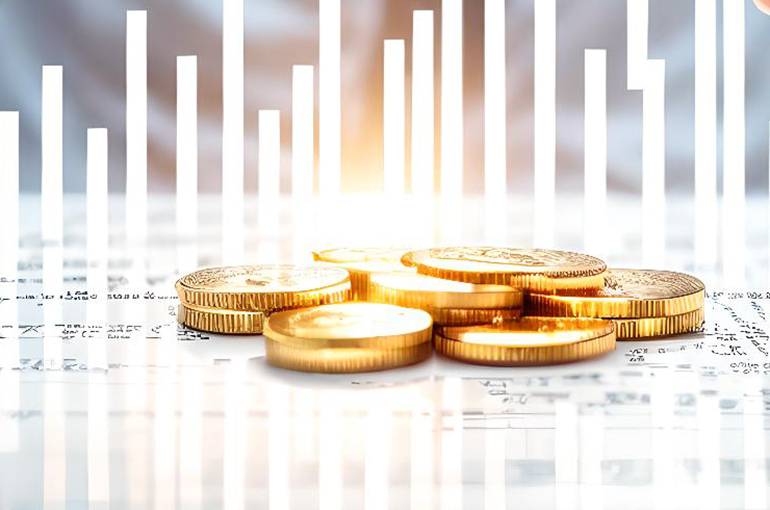 China’s Economic Data Slowed Further in August, Prompting Calls for New Stimulus
China’s Economic Data Slowed Further in August, Prompting Calls for New Stimulus(Yicai) Sept. 19 -- China should bring out new stimulus measures to help the world’s second-largest economy reach its annual growth target after key economic indicators softened further last month, according to Chinese economists.
August’s data showed a broad decline in industrial production, consumer spending, and investment, raising concerns about China’s ability to meet its annual growth target of around 5 percent. This has led to calls for a new round of stimulus, including potential interest rate cuts and fiscal measures to steady growth, particularly in the real estate and consumer sectors.
Industrial output climbed 4.5 percent in August from a year earlier, compared with a 5.1 percent increase in July, while retail sales rose 2.1 percent, down from 2.7 percent growth, the National Bureau of Statistics said on Sept. 14. In the January to August period, fixed-asset investment gained 3.4 percent, versus 3.6 percent in the first seven months.
The figures showed an overall drop in supply and demand, mainly caused by ongoing adjustments in the real estate market and weak internal growth drivers, particularly consumer spending and private investment, said Wang Qing, chief macroeconomic analyst at Golden Credit Rating.
Recent extreme weather conditions, including heavy rainfall and high temperatures, have hindered outdoor industrial activity, Wu Chaoming, deputy director of the Chasing Institute, pointed out. Growth in production will likely remain stable but go on falling a little in the short term because of factors such as the higher year-earlier base and persistent supply-demand imbalances, he added.
On the demand side, the growth in retail sales remained subdued, reflecting weak consumer sentiment because of the lingering effects of the Covid-19 pandemic and the downturn in the property market, Wu noted.
China's gross domestic product expanded at a 4.7 percent year-on-year clip in the second quarter, slowing from 5.3 percent in the prior three months, due to extreme weather and a high base a year earlier. GDP jumped 6.3 percent in the same period of last year, the biggest gain of 2023.
GDP growth will probably slow again this quarter, putting pressure on meeting the annual target, said Luo Zhiheng, chief economist at Yuekai Securities. Consumer spending, business investment, local infrastructure investment, and the real estate market still need more policy support, he noted.
Luo suggested that proactive fiscal policy should play a bigger role in steadying growth. That could take the form of additional deficit spending through government bond sales, accelerating special-purpose bond allocation, optimizing debt reduction policies, and creating conditions to resolve the debt risks at local government financing vehicles, he said.
The People’s Bank of China will likely cut interest rates and the reserve requirement ratio in the fourth quarter to ease the mounting pressure on economic growth, as well as trim existing and new mortgage rates to help stabilize the property market, Wang predicted. The central bank may also introduce new fiscal measures, such as issuing additional bonds.
The PBOC is scheduled to set the one- and five-year Loan Prime Rates tomorrow. These benchmark lending rates were unchanged last month.
Editor: Futura Costaglione